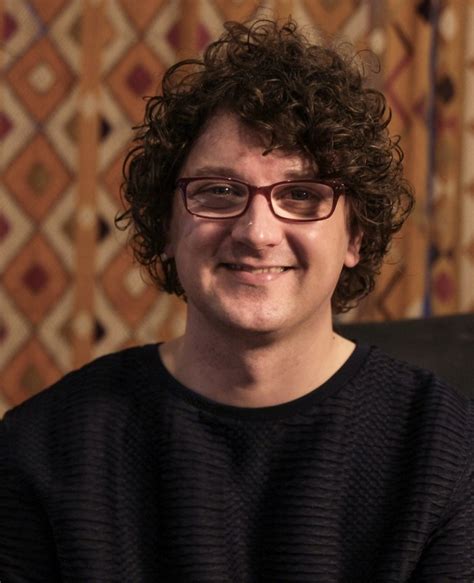A Quote by William Golding
In India the odd thing is that English is this almost artificial language floating on the surface of a place with about fifty other languages. The same is true of Nigeria but even more so.
Related Quotes
I work in Hebrew. Hebrew is deeply inspired by other languages. Not now, for the last three thousand years, Hebrew has been penetrated and fertilized by ancient Semitic languages - by Aramaic, by Greek, by Latin, by Arabic, by Yiddish, by Latino, by German, by Russian, by English, I could go on and on. It's very much like English. The English language took in many many fertilizations, many many genes, from other languages, from foreign languages - Latin, French, Nordic languages, German, Scandinavian languages. Every language has influences and is an influence.
Trevor realized that the odd thing about English is that no matter how much you screw sequences word up up, you understood, still, like Yoda, will be. Other languages don't work that way. French? Dieu! Misplace a single le or la and an idea vaporizes into a sonic puff. English is flexible: you can jam it into a Cuisinart for an hour, remove it, and meaning will still emerge.
Composing computer programs to solve scientific problems is like writing poetry. You must choose every word with care and link it with the other words in perfect syntax. There is no place for verbosity or carelessness. To become fluent in a computer lnaguage demands almost the antithesis of modern loose thinking. It requires many interactive sessions, the hands-on use of the device. You do not learn a foreign language from a book, rather you have to live in the country for year to let the langauge become an automatic part of you, and the same is true for computer languages.
Malcolm Bradbury made the point, and I don't know whether it's a valid one or not, that the real English at the moment is not the English spoken in England or in America or even in Canada or Australia or New Zealand. The real English is the English which is a second language, so that it's rather like Latin in the days of the Roman Empire when people had their own languages, but had Latin in order to communicate.




































